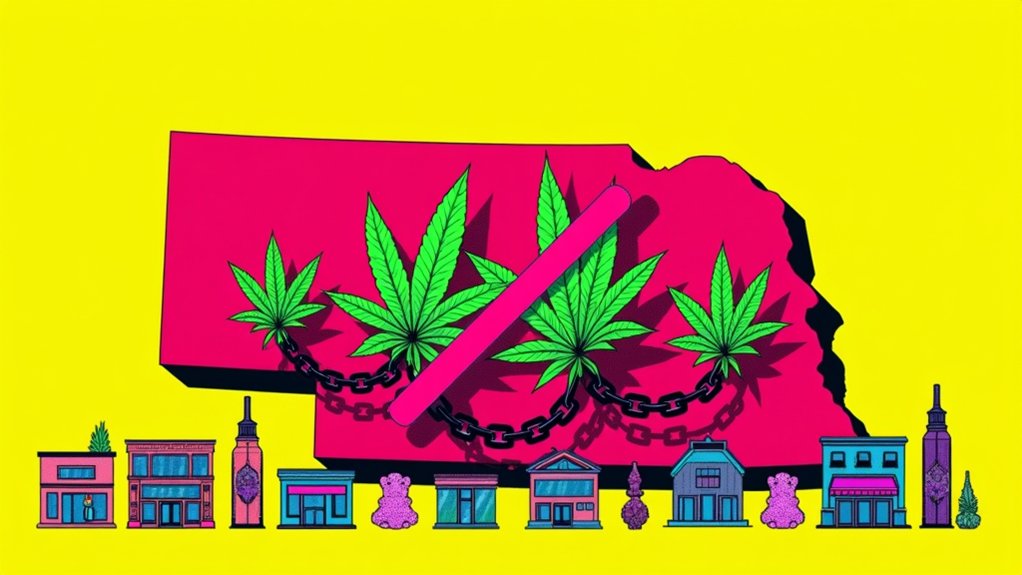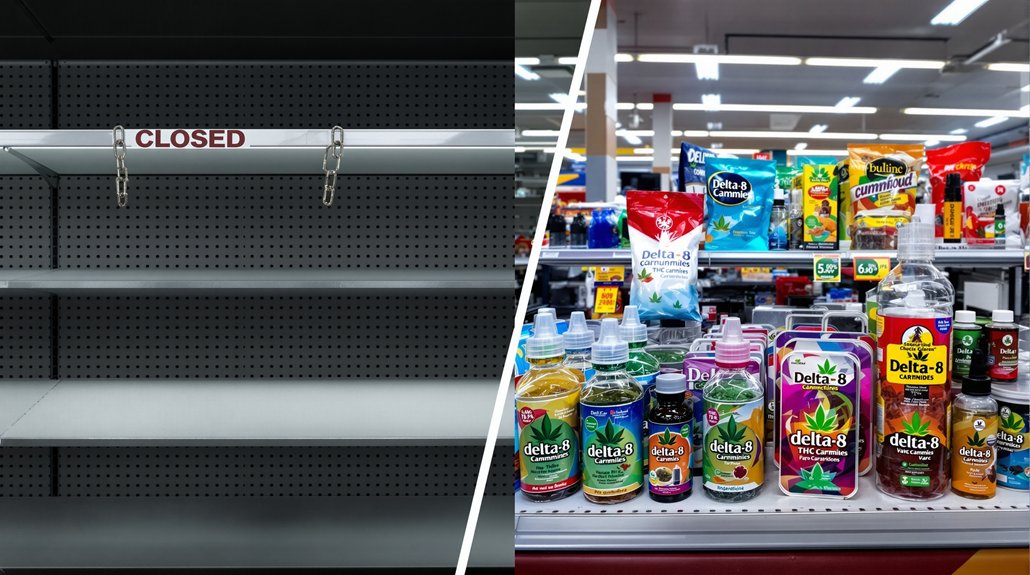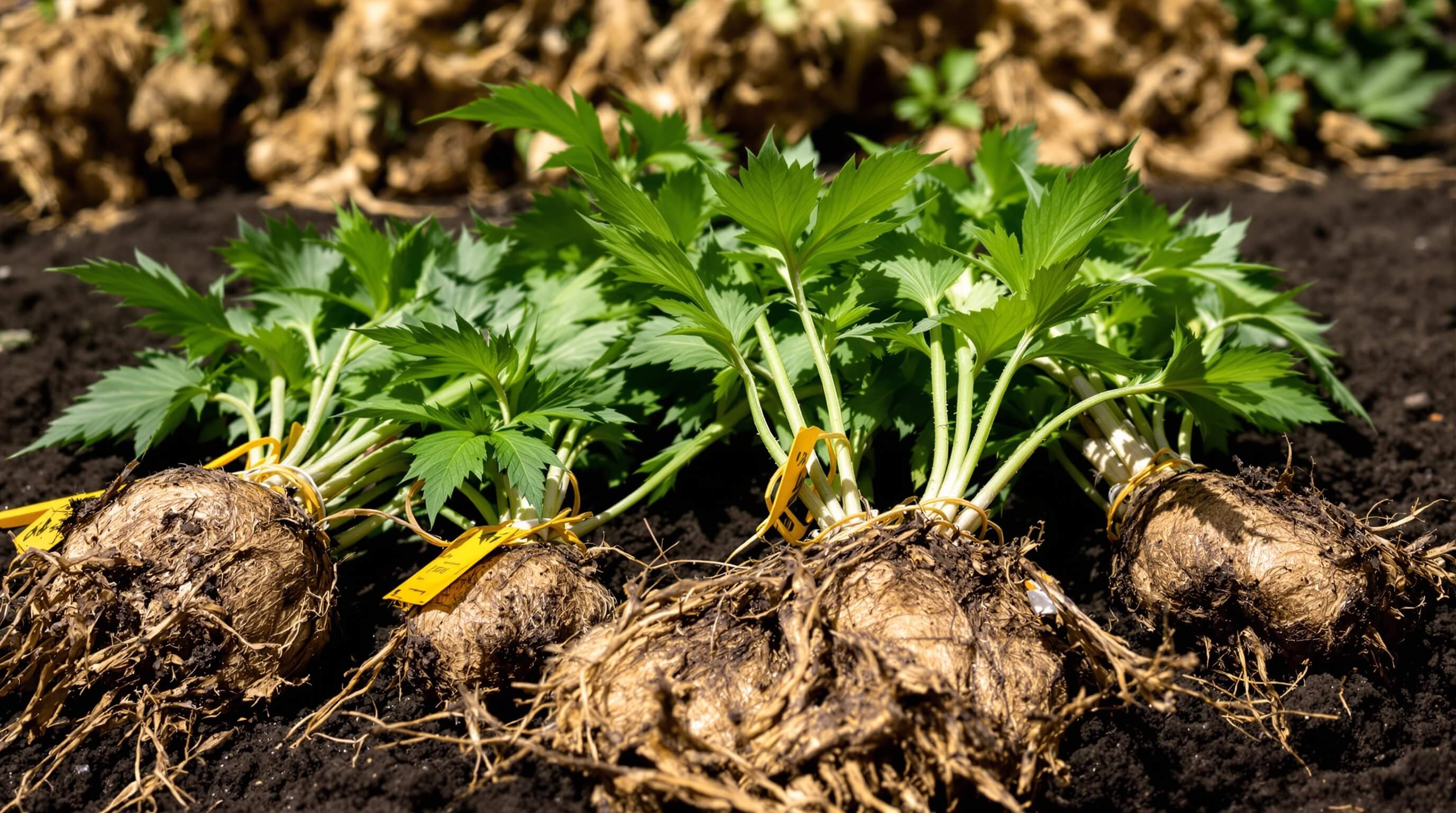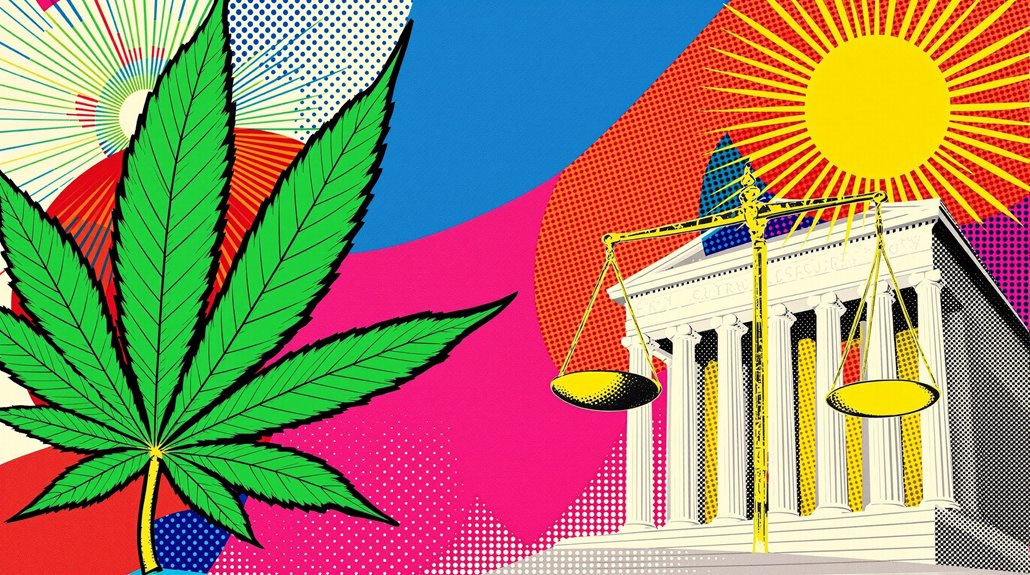Nebraska’s emergency medical cannabis regulations have triggered a firestorm of criticism from advocates who claim the state deliberately sabotaged voter-approved measures. The program restricts cultivation to just 5,000 plants across four licensed facilities statewide. Patients cannot access edibles or raw flower products under the current framework. Critics argue these limitations will create supply bottlenecks and drive up costs for vulnerable patients. The controversy raises fundamental questions about whether regulatory agencies can effectively override the will of voters through administrative rulemaking.
Nebraska’s newly approved emergency medical cannabis regulations have established one of the most restrictive frameworks in the nation, limiting the budding industry to just four cultivation licenses and banning popular product forms like edibles and raw flower. The Nebraska Medical Cannabis Commission approved these emergency regulations on June 26, 2025, creating a 90-day framework that has drawn sharp criticism from advocates who argue the rules undermine the voter-approved medical cannabis program.
The commission’s decision to cap cultivation at just 5,000 plants statewide represents one of the nation’s most conservative approaches to medical cannabis. Each of the four licensed cultivators will be restricted to 1,250 plants, a limitation that industry experts warn could create supply shortages and drive up patient costs.
Nebraska’s 5,000-plant statewide cap threatens to create supply shortages and inflate costs for medical cannabis patients.
The regulations also eliminate vertical integration, forcing companies to choose between cultivation, manufacturing, dispensing, or transportation roles rather than operating across multiple segments.
Patient access faces equally stringent restrictions under the emergency rules. The commission banned all sales of edibles, raw flower, and vaporization products, limiting patients to oral tablets, topicals, suppositories, patches, and oils for inhalers or nebulizers. This extract-only approach contradicts the voter-approved law that allowed possession of up to five ounces and access to cannabis accessories, including vaporization tools.
Geographic limitations compound access challenges, with only twelve dispensaries permitted statewide, one per District Court Judicial District. Patients cannot receive home delivery, forcing all transactions to occur at licensed facilities. These restrictions particularly impact rural patients who may face lengthy drives to reach their nearest dispensary.
The application process introduces additional hurdles that could deter business participation. Cultivator applicants must achieve minimum scores of 70 out of 100 points on business criteria before entering a lottery system for license selection. Nebraska’s residency requirements demand that at least 51 percent of ownership maintain four years of state residency, a restriction that has faced constitutional challenges in other states. All facility licenses will remain valid for two years but are non-transferable and non-relocatable once issued.
Practitioners and patients express concern that the regulations create barriers that could limit physician participation in the program. The rules impose additional documentation requirements and compliance burdens that some medical professionals view as deterrents to recommending cannabis treatments.
The emergency regulations must remain in effect until permanent rules are established through subsequent commission meetings scheduled for fall 2025. Cultivator applications opened with a deadline of September 23, 2025, though the restrictive framework has prompted questions about whether the program will attract sufficient business interest. The Nebraska Medical Cannabis Commission has scheduled a public meeting for September 30 at 1:00 p.m. to review these regulations and gather community input.
Critics argue these limitations contradict the intent of Nebraska voters who approved medical cannabis access through ballot initiatives. The regulations restrict patients from experiencing the “entourage effect” that many require for effective treatment, while the severe cultivation caps may create an artificially constrained market.
Industry observers note that Nebraska’s approach stands in stark contrast to more permissive medical cannabis programs in neighboring states, potentially driving patients to seek treatment across state lines.










